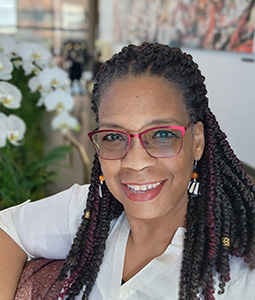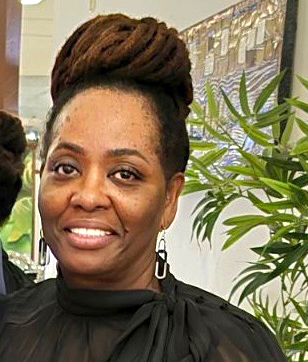Office of Access and Community Engagement
Who we are
Access involves representation for all and embracing an individual's unique contributions. Our commitment is to make use of resources, options and opportunities. To ensure access, retention, and success for all, our policies, practices, and attitudes will be reviewed to embrace differences, eliminate barriers, and cultivate a supportive environment leading to successful outcomes.
Community Engagement is developed through collaboration and purposeful unity among the College of Nursing's stakeholders with different customs and values to contribute to the activities in the college in a meaningful way.
College of Nursing resources
The Program for Academic Support Services (PASS) program aims to help nursing students thrive, not just survive.
The purpose of the ACE committee is to identify the access and belonging strengths, issues, and opportunities within all aspects of the College of Nursing.
Initiatives include:
- Departmental training
- Open discussion events
- Yearly luncheon
Campus Resources
The Center for Student Engagement strives to educate each member of the university community. Through understanding the individual responsibility they carry, Carolinians can create a community of acceptance for all individuals as well as nurture an atmosphere of inclusion and positive social change.
The University of South Carolina experience should be educational, fun and safe for everyone. The university is deeply committed to the health and well-being of our campus community.
The Office of Access and Opportunity is committed to providing information that clearly outlines how we plan for, react to and measure our response to the issues that confront our academic community.
Meet the experts
-

Dr. Sevilla Bronson
Interim Associate Dean, Access and Community Engagement and Associate Professor
-

Terry Jeffery
Access and Community Engagement Coordinator
The University of South Carolina does not discriminate in educational or employment opportunities on the basis of race, sex, gender, gender identity, transgender status, age, color, religion, national origin, disability, sexual orientation, genetics, protected veteran status, pregnancy, childbirth or related medical conditions.
